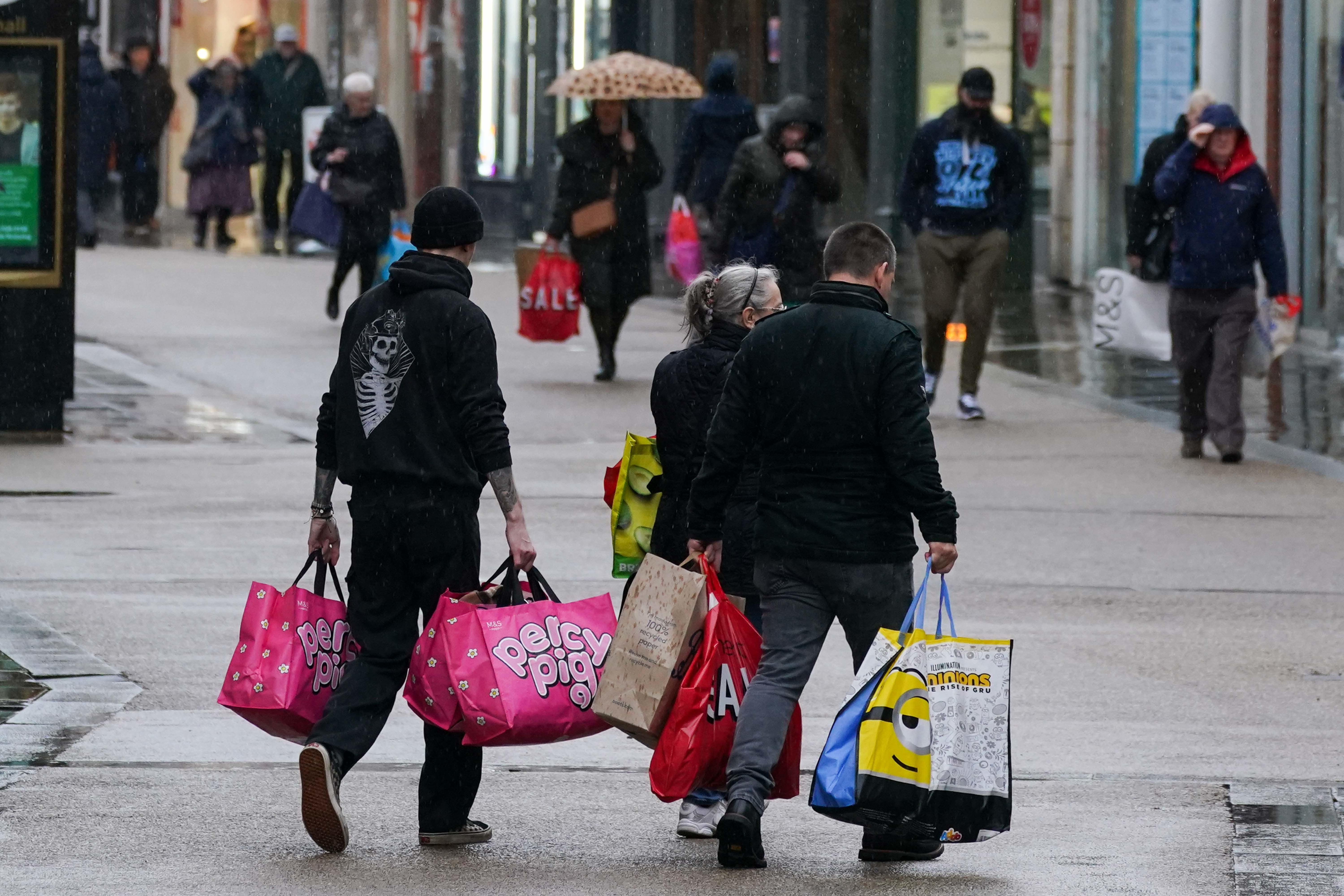Retailers under highest stress since Covid, research suggests
Research published by law firm Weil Gotshal & Manges found that weaker spending power and issues in supply chains have weighed on the sector.

Your support helps us to tell the story
From reproductive rights to climate change to Big Tech, The Independent is on the ground when the story is developing. Whether it's investigating the financials of Elon Musk's pro-Trump PAC or producing our latest documentary, 'The A Word', which shines a light on the American women fighting for reproductive rights, we know how important it is to parse out the facts from the messaging.
At such a critical moment in US history, we need reporters on the ground. Your donation allows us to keep sending journalists to speak to both sides of the story.
The Independent is trusted by Americans across the entire political spectrum. And unlike many other quality news outlets, we choose not to lock Americans out of our reporting and analysis with paywalls. We believe quality journalism should be available to everyone, paid for by those who can afford it.
Your support makes all the difference.Stress across retailers and consumer business has hit its highest level since the Covid-19 pandemic hit in 2020, according to research.
Research published by law firm Weil Gotshal & Manges found that weaker spending power and issues in supply chains have weighed on the sector in recent months.
Nevertheless, the data also suggested some firms are cautiously optimistic about their economic recovery, with experts suggesting UK companies could benefit from post-election certainty.
The Weil European Distress Index found that retail and consumer goods firms reported particularly high levels of distress in the second quarter of 2024.
Post-election certainty in the UK, for instance, may restore some confidence for firms who held back from major business decisions pending a definitive outcome
Companies said that tensions in the Middle East exacerbated supply chain and cost issues, as disruption to freight and container journeys increased costs and caused delays.
The real estate and healthcare sectors also reported high levels of distress over the period.
Regionally, the research found that firms in Germany reported the highest level of distress across the continent.
Corporate distress dropped in the UK slightly, continuing a trend of moderation over the past 12 months on the back of easing inflation.
Nevertheless, distress levels in the UK remain above the long-term average due to weaker investment and pressure on profitability.
Neil Devaney, partner and co-head of Weil’s London restructuring practice, said: “The latest data points to a cautiously optimistic economic recovery across Europe, yet significant challenges remain.
“Post-election certainty in the UK, for instance, may restore some confidence for firms who held back from major business decisions pending a definitive outcome.
“Though, on the other hand, we have seen other elections spooking the markets, as has been the case in France.
“Regardless, for new governments, it will be crucial to work closely with businesses to ensure that distress levels remain stable.”